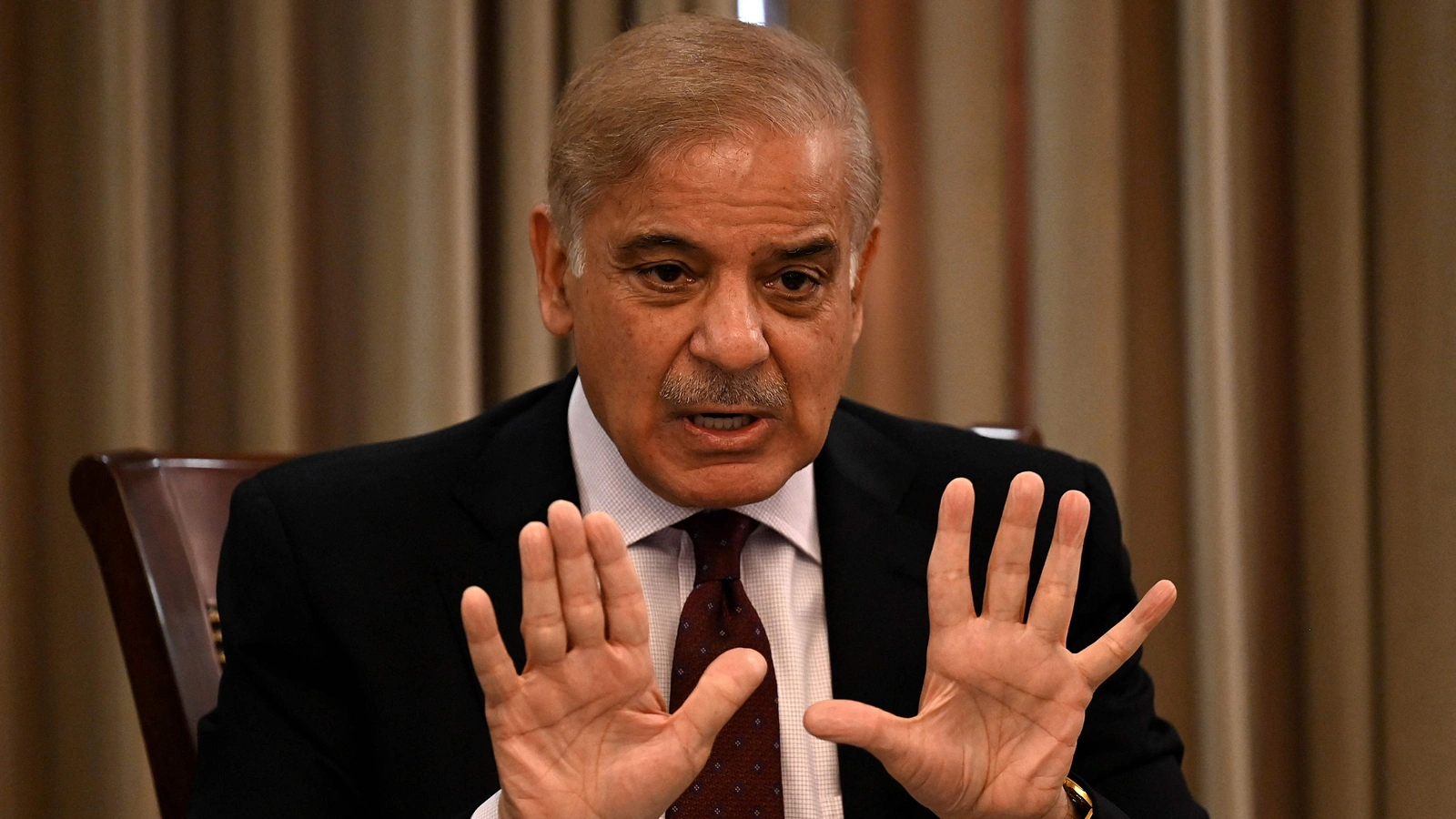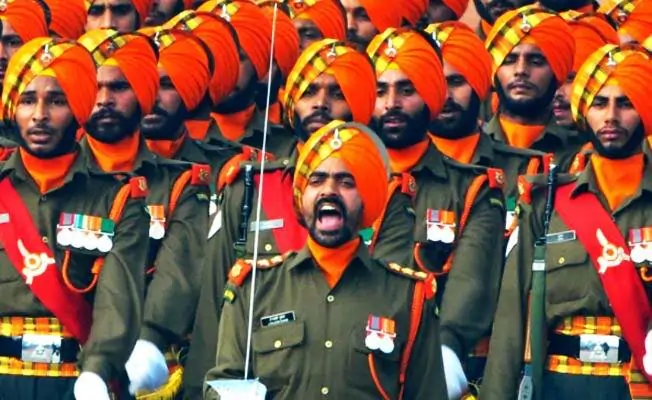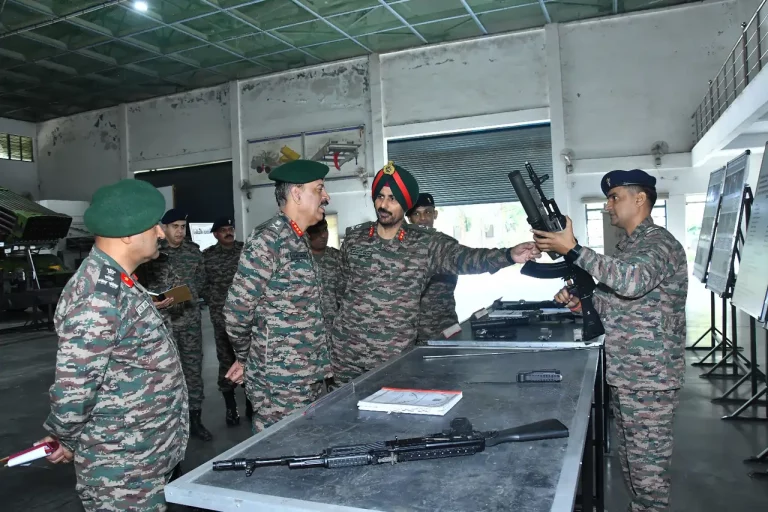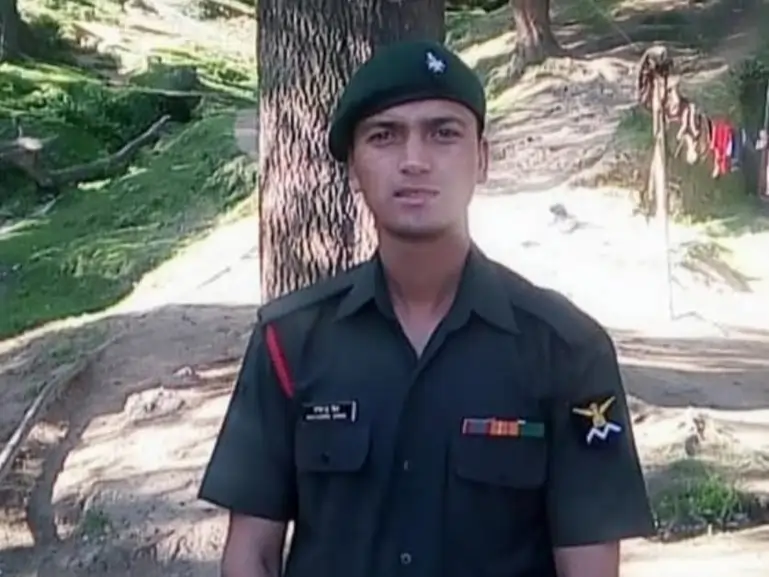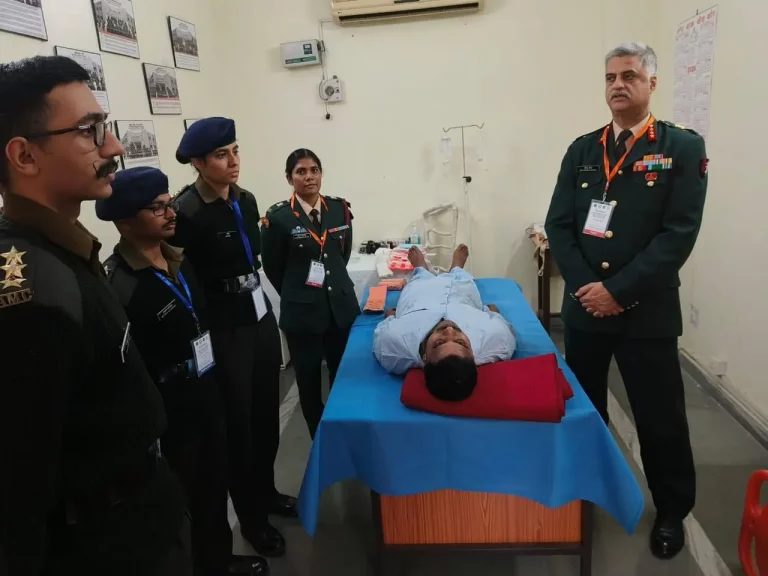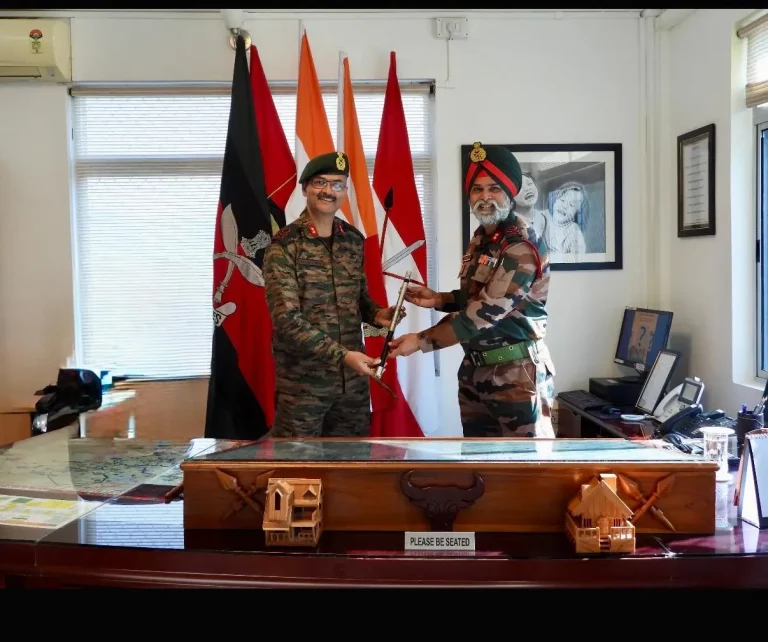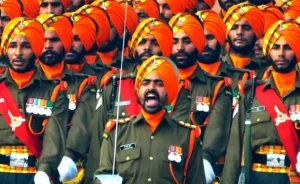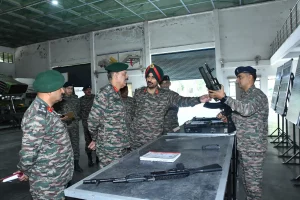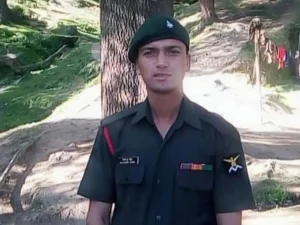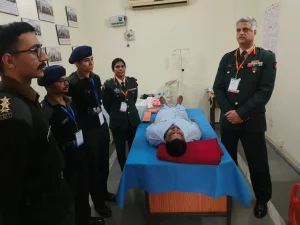In a notable diplomatic move, Prime Minister Shehbaz Sharif of Pakistan has expressed a willingness to engage in a “meaningful dialogue” with India concerning unresolved issues, including those related to Jammu and Kashmir, terrorism, water sharing, and trade. This assertion was made during a recent phone conversation with Saudi Crown Prince Mohammed bin Salman, as reported by Radio Pakistan, the country’s state broadcaster.
Sharif’s proposal comes at a time of increased tensions between the two nations, particularly after India’s Operation Sindoor—a military strike in May aimed at dismantling terror infrastructure in Pakistan. This operation was initiated in response to a devastating terror attack in Pahalgam on April 22 that resulted in the deaths of 26 civilians. The subsequent fallout has kept bilateral relations strained, with India imposing diplomatic and economic restrictions on Pakistan.
During the conversation, Sharif stated, “Pakistan is ready to engage in a meaningful dialogue with India on all outstanding issues,” echoing similar sentiments expressed during his recent diplomatic visits to Iran and Azerbaijan. This outreach is seen as an effort to normalize relations and seeks to address the myriad challenges plaguing both nations.
However, India’s response has been markedly cautious. New Delhi has remained adamant that dialogue cannot resume unless Pakistan demonstrates credible and irreversible measures against terrorism. The External Affairs Ministry of India has consistently reinforced Prime Minister Narendra Modi’s philosophy, stating, “Terror and talks cannot go together, terror and trade cannot go together, and water and blood cannot flow together.”
In reaction to the Pahalgam attack, India has suspended essential bilateral arrangements, including placing the Indus Waters Treaty on hold, halting trade with Pakistan, and restricting Pakistani aircraft from using Indian airspace. Moreover, the Modi administration has reiterated that discussions would primarily focus on the return of Pakistan-occupied Kashmir.
Though both sides had agreed to cease military actions on May 10 following four days of intensive cross-border exchanges, diplomatic relations remain strained, creating an environment that is less conducive to dialogue.
Analysts view Sharif’s call for dialogue as an attempt to attract international attention and potentially seek mediation for regional peace. However, given India’s stringent counterterrorism focus and the current geopolitical landscape, the likelihood of immediate talks seems limited.
